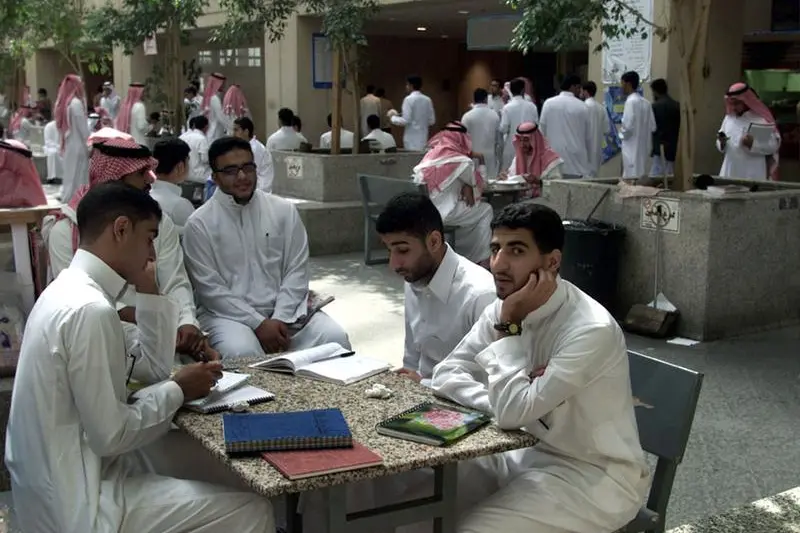PHOTO
By Yasmine Saleh
Arab governments need to find a solution to its youth unemployment problem and engage more with the younger generation, or they risk being hit by another wave of political unrest, a United Nations (UN) report released this week has warned.
The U.N.’s Arab Human Development 2016 report forecast that the number of young people in the region living in countries at high risk of conflict is projected to grow from about 250 million in 2010 to over 305 million by the end of the decade.
“Failure to translate gains in education into decent jobs for youth in pace with population growth, not only curtails benefits of a demographic dividend but may fuel greater social and economic tensions in the region as well,” the report, compiled by the United Nations Development Programme (UNDP), said.
The report warned that Arab economies may not be able to find the 60 million new jobs needed to absorb the new generation of Arab youth by 2020, with nearly two-thirds of Arab now aged under 30 years old. It further urged Arab countries to “urgently prioritise adopting policies that ensure the well-being, productivity, determination and good citizenship of their young population”.
Saudi Arabia, the Arab world’s biggest economy, had earlier this year announced plans for a new set of labour incentives to curb its 11.6 percent unemployment rate. At the same time, Egypt, the most populous Arab state, recorded an unemployment rate of 12.5 percent in the second quarter of 2016, with a total of 3.6 million unemployed persons.
A wave of youth-led popular uprisings hit the Arab region in 2011, ousting strong autocratic presidents in several Arab countries, including Tunisia, Egypt, Libya and Yemen. At the same time, low oil prices for the last two years as seen a slowdown in economic growth and many governments have had to introduce austerity measures, such as cutting subsidies for citizens. “The wave of uprisings that have swept across the Arab region since 2011 has shown us that we can no longer treat young people in the Arab region as passive dependents or a generation-in-waiting,” said Sophie de Caen, acting director of the Regional Bureau for Arab States in UNDP.
“Today, youth in the region are more educated, more connected and more mobile than ever before. Arab countries can reap the huge demographic dividend that its young population represents if they invest in enhancing the capacities of their youth and enlarging opportunities available to them.”
© Zawya 2016





















